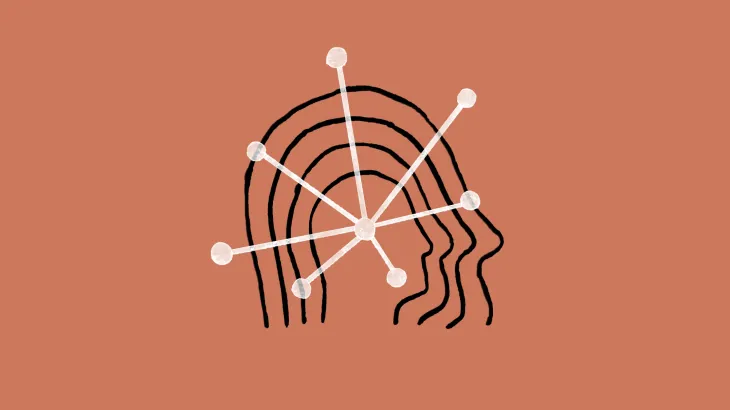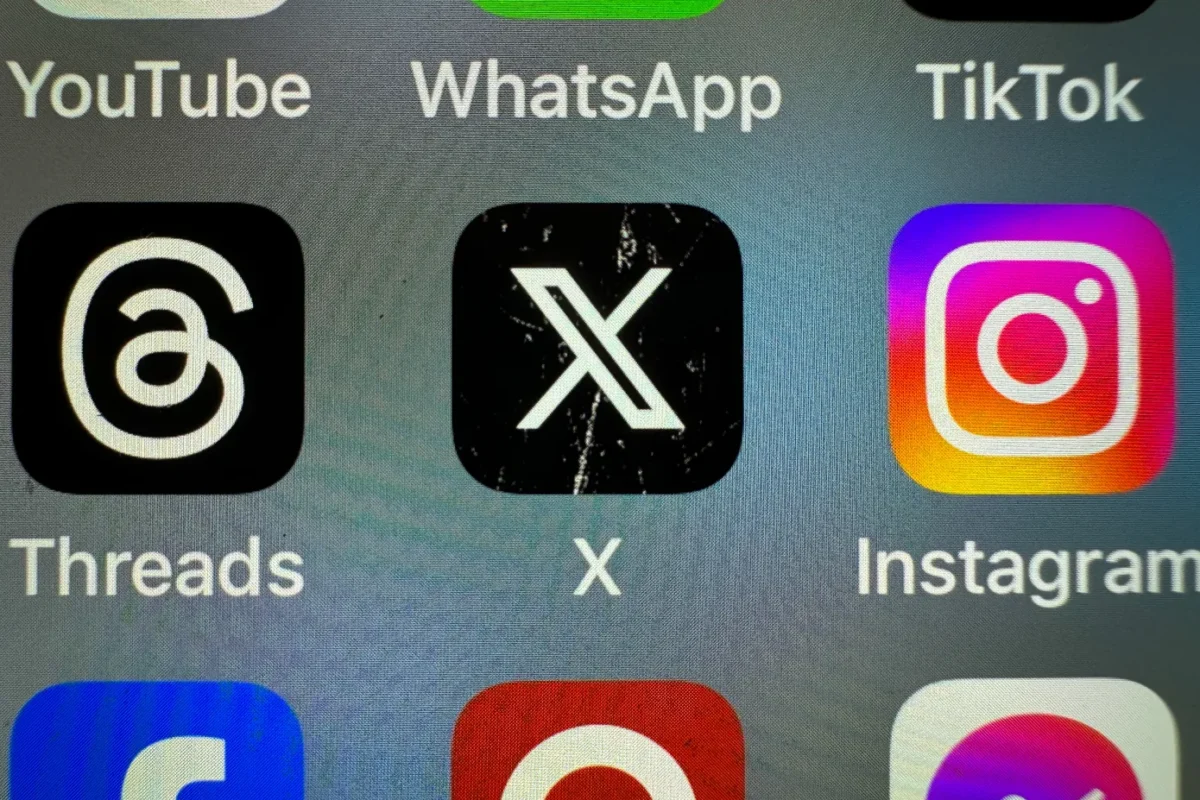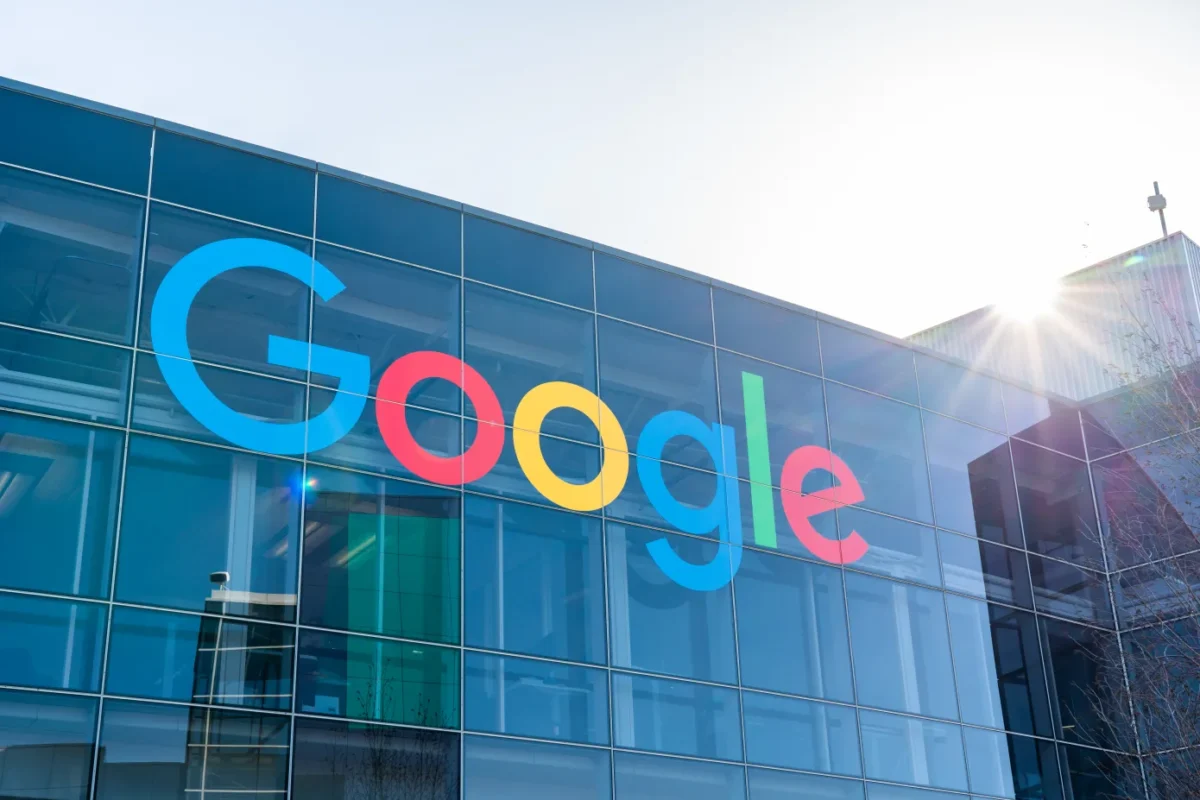OpenAI has responded to Elon Musk’s lawsuit with revelations of internal discord over the company’s mission and funding. Last week, Musk sued the ChatGPT company, alleging a deviation from its original nonprofit mission in favor of profit-driven motives.
In a move to defend its position, OpenAI published excerpts from Musk’s emails from the early days of the company, indicating his acknowledgment of the necessity for substantial funding to support the ambitious AI projects.
According to the released emails, Musk argued that solely relying on fundraising would not suffice for OpenAI’s success in building a generative AI platform. Instead, he suggested seeking alternative revenue streams to ensure the company’s sustainability.
In a November 22, 2015 email to CEO Sam Altman, Musk proposed a funding commitment of over $1 billion, promising to cover any shortfall beyond that. However, OpenAI claims Musk only contributed $45 million, while other donors raised $90 million.
Musk’s emails also revealed his suggestion in February 1, 2018, for Tesla to acquire OpenAI, which was rejected by the company. Subsequently, Musk parted ways with OpenAI later that year.
Expressing concerns in a December 2018 email about OpenAI’s relevance without substantial resources, Musk emphasized the need for billions in funding annually.
In response to Musk’s lawsuit, OpenAI formed a for-profit entity, OpenAI LP, in 2019, which significantly increased the company’s valuation to $90 billion within a few years. Microsoft later committed $13 billion in a partnership with OpenAI.
Musk’s lawsuit alleges a breach of contract, claiming that OpenAI’s partnership with Microsoft violated its founding charter. He seeks a jury trial and demands reimbursement of profits received by the company’s executives.
OpenAI, originally established to mitigate the risks of artificial generative intelligence, insists it has not deviated from its mission. The company affirms its commitment to product safety and improving people’s lives through its technology.
In a blog post, OpenAI expressed disappointment over the legal dispute with Musk, whom they admired but accused of hindering their progress toward their mission.
“We’re sad that it’s come to this with someone whom we’ve deeply admired—someone who inspired us to aim higher, then told us we would fail, started a competitor, and then sued us when we started making meaningful progress towards OpenAI’s mission without him,” the company stated.
OpenAI intends to dismiss Musk’s claims and reaffirms its dedication to advancing AI while prioritizing ethical considerations.









